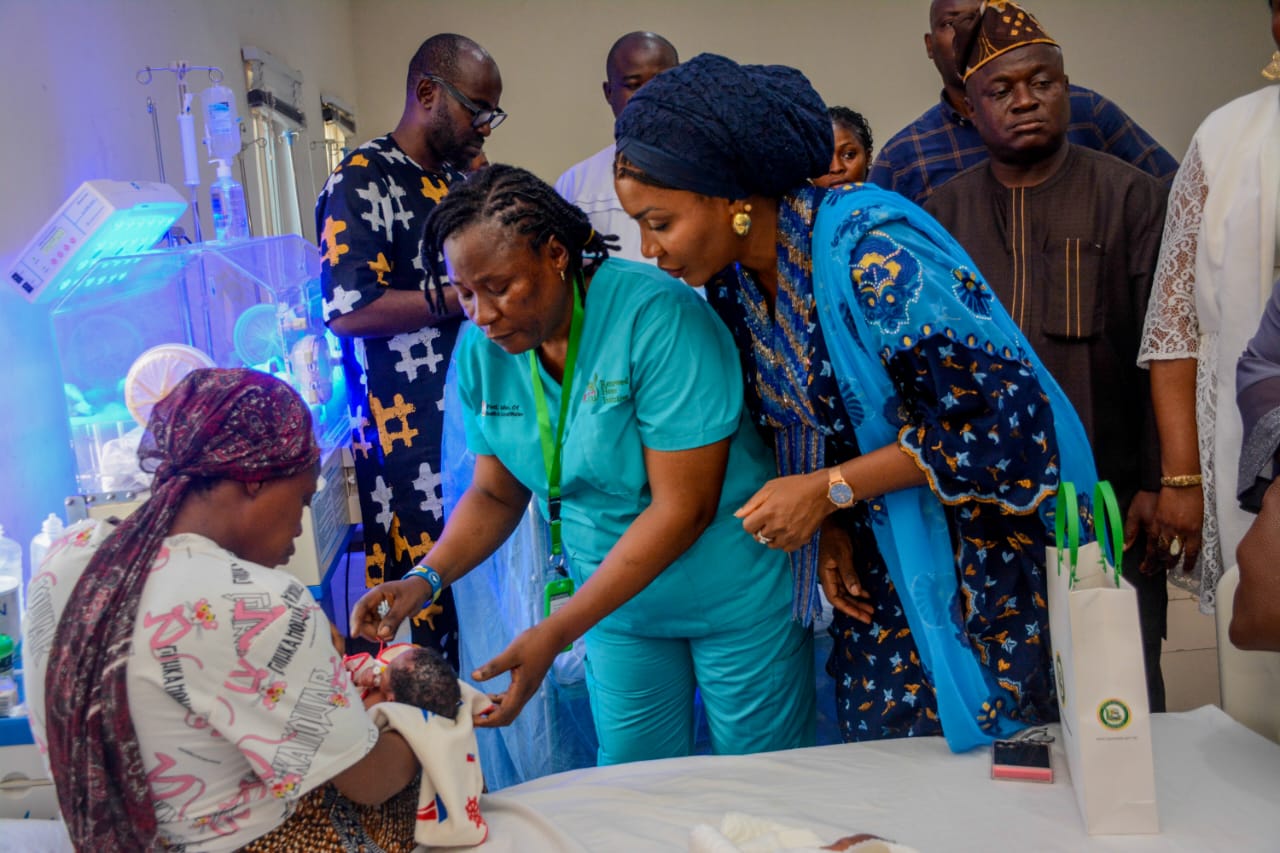The National Economic Council (NEC), on Thursday, endorsed the solar-powered irrigation pumps developed by the National Agency for Science and Engineering Infrastructure (NASENI) for mass production as part of ongoing efforts to bolster food security and cut farmers’ costs ahead of the 2025 dry season farming.
Meeting for its 152nd session at the Presidential Villa, Abuja, the Council resolved to seek President Bola Tinubu’s approval for a nationwide rollout of the pumps, which are designed as cheaper, cleaner alternatives to petrol-powered systems.
NEC also directed the Minister of Budget and Economic Planning, Senator Abubakar Atiku Bagudu, to work out funding modalities to enable NASENI to scale up production and ensure timely distribution.
Vice President Kashim Shettima, who chaired the meeting, described the innovation as a landmark achievement, saying it proves Nigerian ingenuity can hold its own on the global stage.
“We must embrace innovation in agriculture. NASENI’s solar irrigation pumps will lower farmers’ costs, expand dry-season cultivation, and even serve as backup power for households.
“With features like GPS tracking, mobile dashboards, usage monitoring, and pay-as-you-go integration, these pumps prove that Nigerian technology can compete with the best in the world,” Shettima declared.
The Vice President added that the rollout would not only improve food security but also unlock carbon credit opportunities for farmers.
He highlighted ongoing measures by the Tinubu administration, including the insurance of 250,000 farmers in eight states, activation of a N250 billion Bank of Agriculture facility, and the advancement of the 30 percent Value Addition Bill to strengthen agro-industrial growth.
At the session, the Council also received updates on preparations for the 31st Nigerian Economic Summit, a new Anticipatory Action Framework for riverine flooding, and a report on rising energy costs affecting food production.
The Nigerian Economic Summit Group (NESG) briefed the Council on global risks such as uneven growth, divergent inflation, geopolitical tensions, and climate disruptions.
The Council members pledged active participation in the forthcoming summit, themed “The Reform Imperative: Building a Prosperous and Inclusive Nigeria by 2030,” to mobilise ideas and support for the Renewed Hope Agenda.
The National Security Adviser, Mallam Nuhu Ribadu, meanwhile, presented a proactive flood management framework aimed at reducing humanitarian and economic losses in 13 high-risk states through early warning, cash assistance, evacuation plans, and stronger community-level preparedness.
NEC commended the framework as “comprehensive and visionary” and asked for its expansion before ratification at the next meeting.
The Council also considered a report from Jigawa State Governor on the impact of high energy costs on agriculture.
It recommended reducing fertiliser prices, providing smaller implements for smallholder farmers, and implementing President Tinubu’s earlier directive for NASENI to produce between 50,000 and 100,000 solar pumps for states on a needs basis.
The Council was further briefed on Nigeria’s fiscal balances as of September 17, 2025: the Excess Crude Account stood at $535,823.39, the Stabilisation Account at N83.49 billion, and the Natural Resources Account at N125.82 billion.
In its resolutions, NEC hailed NASENI’s solar irrigation innovation as timely and aligned with President Tinubu’s Renewed Hope food security agenda, describing it as a practical step towards cutting farmers’ dependence on costly fossil fuels while advancing climate-smart agriculture.






